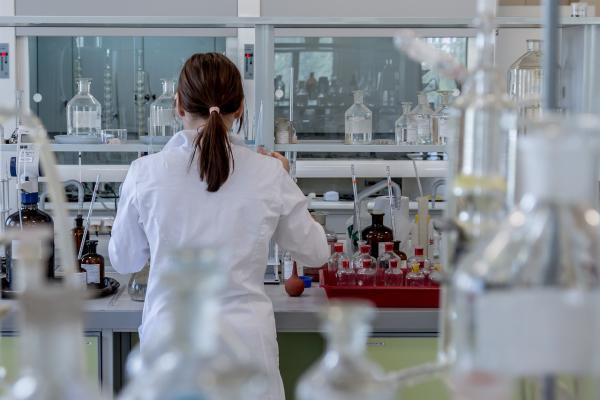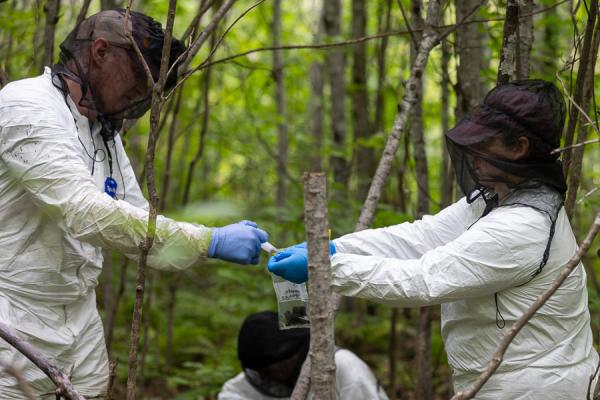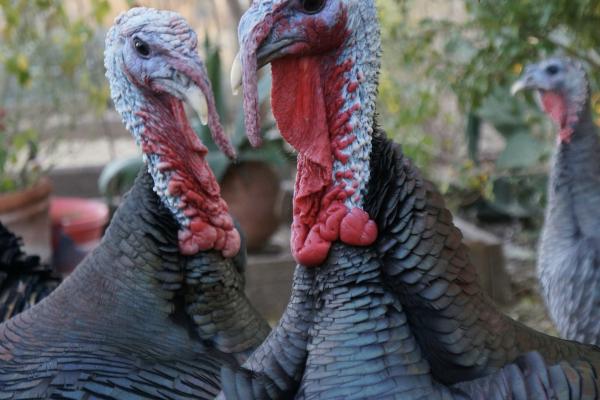Newly funded: Genetic sequencing the novel coronavirus in animals to advance human outcomes
May 8, 2020
More than 65 percent of U.S. households own a pet. Recent research has revealed that, of those pets, mainly ferrets and cats are particularly susceptible to SARS-CoV-2, the virus that causes COVID-19. Tigers and lion were tested positive for SARS-COV-2, at the Bronx Zoo in New York. While this is unfortunate, surveillance for SARS-CoV-2 in cats could be an avenue for understanding and ultimately eliminating COVID-19 in humans and animals alike. A team of researchers led by Sunil Kumar Mor, BVSc & AH, MVSc, PhD, assistant professor in the CVM's Veterinary Diagnostic Laboratory (VDL), has developed a COVID-19 diagnostic test for animals. The diagnostic and research team's approach — quantitative reverse transcription-polymerase chain reaction testing — allows them to analyze and measure the virus's RNA in order to detect SARS-CoV-2 in animals. Sequencing positive samples from pets can help scientists understand the genetic makeup of this virus in pets and compare it with that of human SARS-CoV-2. The findings from this study could lead to advanced treatments for humans with COVID-19. Mor, his team, and the VDL have decades of experience refining and using quantitative reverse transcription-polymerase chain reaction testing and whole genome sequencing to better understand and mitigate many diseases, including other coronaviruses such as bovine coronavirus, porcine epidemic diarrhea virus (PEDV), transmissible gastroenteritis virus, infectious bronchitis virus, and turkey coronavirus. The VDL team did similar work on PEDV when it hit the United States in 2013. As a part of this project, the VDL will optimize a protocol for same-day sequencing of SARS-CoV-2 from animal samples that have tested positive. This project is supported by the UMN COVID-19 Rapid Response Research Grants program.


